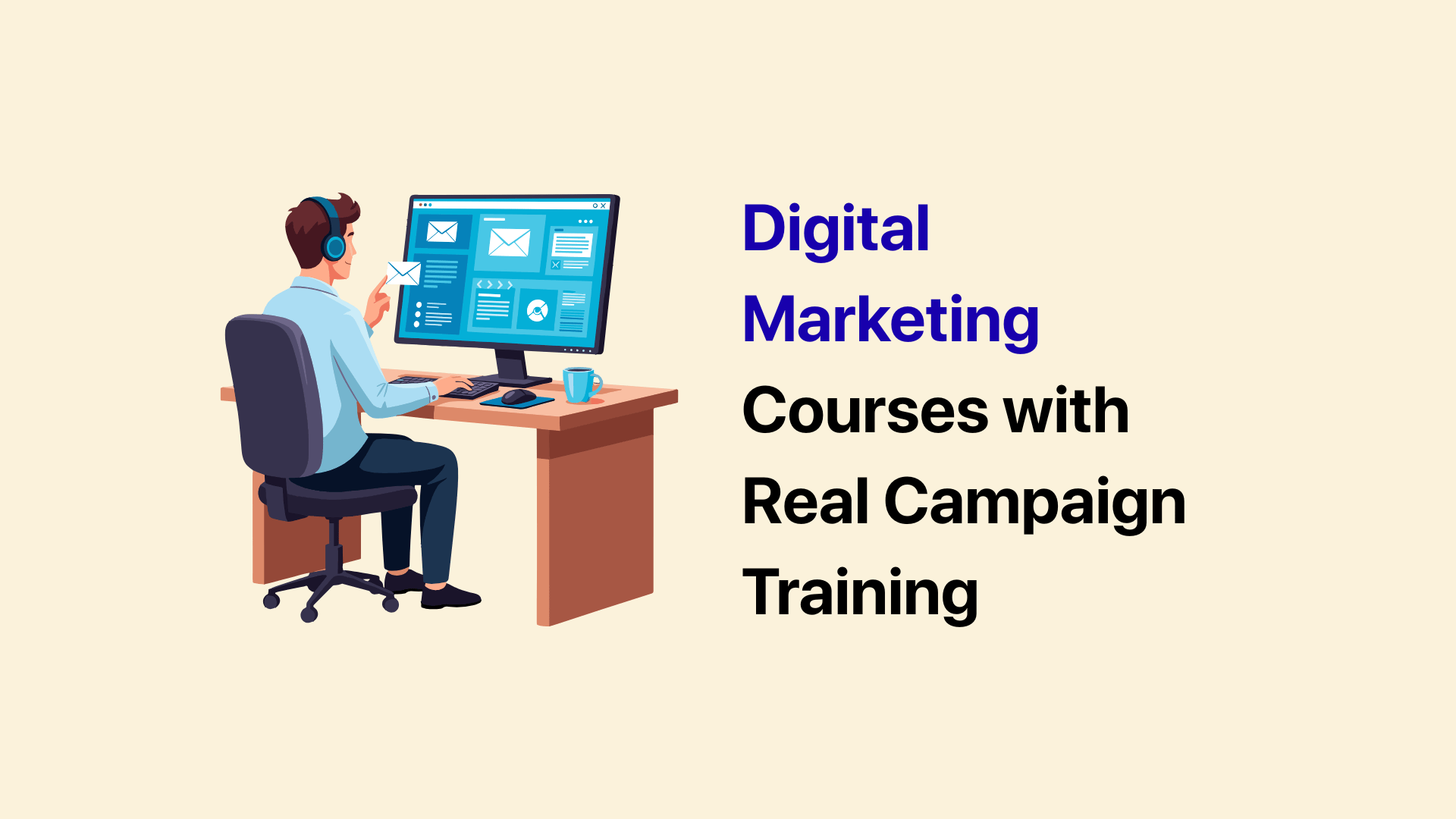Professional Growth Paths for Virtual Receptionists
Introduction to Virtual Receptionists
From the days of traditional in-office receptionists handling appointments and patient inquiries, the industry has evolved to adopt virtual solutions that provide round-the-clock support. Efficient reception services are crucial for maintaining smooth operations in medical facilities, minimizing wait times, and ensuring that patients receive the attention they need when they need it.
In recent years, the role of a medical virtual receptionist has gained significant traction within the healthcare industry. This evolution has transformed how medical facilities manage patient interactions and administrative tasks. Virtual receptionists have emerged as a vital solution as healthcare professionals continually seek ways to enhance efficiency and patient satisfaction. This blog post will discuss the many facets of virtual medical receptionists, their advantages for medical professionals, the technology underlying them, and the reasons they are expected to become an essential component of contemporary medical practices.
The Role of Virtual Receptionist
1. Handling Appointment Scheduling and Reminders
Virtual receptionists play a pivotal role in managing appointment scheduling. They ensure that patients can easily book, reschedule, or cancel appointments without any hassle. By automating these processes, virtual receptionists help reduce no-show rates and improve overall appointment adherence. Appointment reminders are another essential service provided by virtual receptionists. Sending timely reminders via email, text, or phone calls ensures that patients remember their scheduled visits, leading to better health outcomes and optimized scheduling for healthcare providers.
2. Managing Patient Inquiries and Follow-Ups
Virtual receptionists are adept at handling patient inquiries efficiently. Whether answering questions about office hours, providing directions to the facility, or addressing common medical concerns, they are trained to manage these interactions professionally. Follow-ups are essential for patient care continuity. Virtual receptionists take on this responsibility by contacting patients post-appointment, ensuring they understand their treatment plans, and scheduling necessary follow-up visits. This proactive approach enhances patient engagement and adherence to medical advice.
3. Streamlining Administrative Tasks
Administrative tasks can be time-consuming and distract from healthcare professionals' primary focus—patient care. Virtual medical receptionists take on a variety of administrative duties, such as handling billing inquiries, processing insurance claims, and managing electronic health records. Healthcare professionals can concentrate on providing quality care by offloading these tasks to virtual receptionists. This simplified method lessens the administrative strain on medical staff while increasing operational efficiency.
Benefits of Virtual Receptionists
Virtual receptionists serve the healthcare sector in a big way. They improve patient satisfaction by cutting down on wait times and responding promptly. By taking care of administrative duties, these services also increase practice efficiency by freeing up healthcare personnel to concentrate on patient care. Furthermore, by eliminating the need for full-time, on-site employees while maintaining excellent service standards, virtual receptionists provide financial benefits.
1. Improved Patient Satisfaction and Experience
A crucial indicator for medical practices is patient satisfaction. Virtual medical receptionists give patients quick and precise information, which greatly improves their experience. They ensure smooth and efficient patient interactions, reducing wait times and ensuring patients feel valued and heard. A seamless patient experience increases satisfaction, leading to better patient retention and positive word-of-mouth referrals.
2. Enhanced Practice Efficiency and Cost-Savings
The substantial cost savings that virtual receptionists provide are among their main benefits. By employing virtual services, healthcare practices can reduce overhead costs for hiring full-time, on-site receptionists. Additionally, virtual receptionists are often available 24/7, providing consistent support without needing overtime pay or shift rotations. The increased efficiency in managing appointments, inquiries, and administrative tasks also contributes to the practice's overall productivity. This optimization allows healthcare providers to see more patients and deliver higher-quality care.
3. Better Work-Life Balance for Medical Staff
Medical professionals often face demanding schedules and high-stress environments. Virtual medical receptionists help alleviate some of this burden by taking over routine administrative tasks and patient interactions. This support enables healthcare staff to focus on their core responsibilities and maintain a healthier work-life balance. By reducing the workload on medical professionals, virtual receptionists contribute to lower burnout rates and higher job satisfaction, ultimately leading to better patient care.
Technology and Security in Virtual Reception Services
1. Overview of Software and Systems Used
Virtual medical receptionists rely on advanced software and systems to perform their duties effectively. The seamless integration of these platforms with current practice management systems guarantees a seamless transition with the least amount of disturbance to everyday operations. Key features of these systems include appointment scheduling, patient communication, electronic health record management, and billing support. The program is easy to use and adaptable to each healthcare practice's unique requirements.
2. Discussion on HIPAA Compliance and Patient Data Security
Security is paramount in healthcare, and virtual reception services adhere to strict HIPAA (Health Insurance Portability and Accountability Act) regulations to protect patient data. All interactions and data exchanges are encrypted to ensure confidentiality and prevent unauthorized access. Virtual receptionists undergo rigorous training to understand and comply with HIPAA guidelines. This commitment to security ensures that patient information remains private and secure, giving healthcare providers peace of mind.
How to Choose the Right Virtual Receptionist Service
1. Critical Considerations for Healthcare Practices
Selecting the exemplary virtual medical receptionist service requires careful consideration. Healthcare professionals should evaluate potential providers based on their experience in the industry, the range of services offered, and their commitment to security and compliance. It's also essential to assess the level of customer support provided. A trustworthy virtual receptionist service should provide continuing assistance for resolving any problems or queries that could come up.
2. Case Studies or Testimonials from Satisfied Users
Hearing from other healthcare professionals who have successfully integrated virtual receptionists into their practices can provide valuable insights. Look for case studies or testimonials that highlight the benefits experienced by similar organizations. For instance, Dr. Smith from ABC Clinic reported a 30% reduction in no-show rates and a significant improvement in patient satisfaction after implementing a virtual receptionist service. Such real-world examples can help guide your decision-making process.
Future Trends and the Impact on the Healthcare Industry
1. Predictions for the Role of Virtual Receptionists
The role of virtual medical receptionists is expected to grow exponentially in the coming years. As technology advances, virtual receptionists will become even more adept at handling complex tasks and providing personalized patient interactions. Integrating virtual receptionists with telemedicine platforms is one such trend that will redefine patient care. This synergy will facilitate seamless communication between patients and healthcare providers, regardless of physical location.
2. Analysis of the Changing Landscape of Healthcare Administration
The healthcare industry is significantly transforming, driven by technological advancements and changing patient expectations. Virtual receptionists are at the forefront of this shift, offering innovative solutions to streamline administrative processes and enhance patient care. By adopting virtual reception services, healthcare practices can stay ahead of the curve and meet their patients' evolving needs. In the future, preserving competitiveness and providing high-quality treatment will depend heavily on this proactive approach.
Conclusion
DocVA is revolutionizing the healthcare industry by providing efficient, cost-effective, patient-centered solutions. The benefits for healthcare professionals are clear: improved patient satisfaction, enhanced practice efficiency, and better work-life balance. If you haven't yet explored the potential of virtual receptionists for your practice, now is the time. Consider the advantages outlined in this blog post and take the first step towards transforming your healthcare facility.
Please share your experiences and thoughts on virtual medical receptionists in the comments below. As we jointly navigate the future of healthcare, let's keep talking and gain knowledge from one another. For more information or to get started with a virtual medical receptionist service, visit our website and connect with our team. We're here to help you enhance your practice and provide the best care for your patients.










